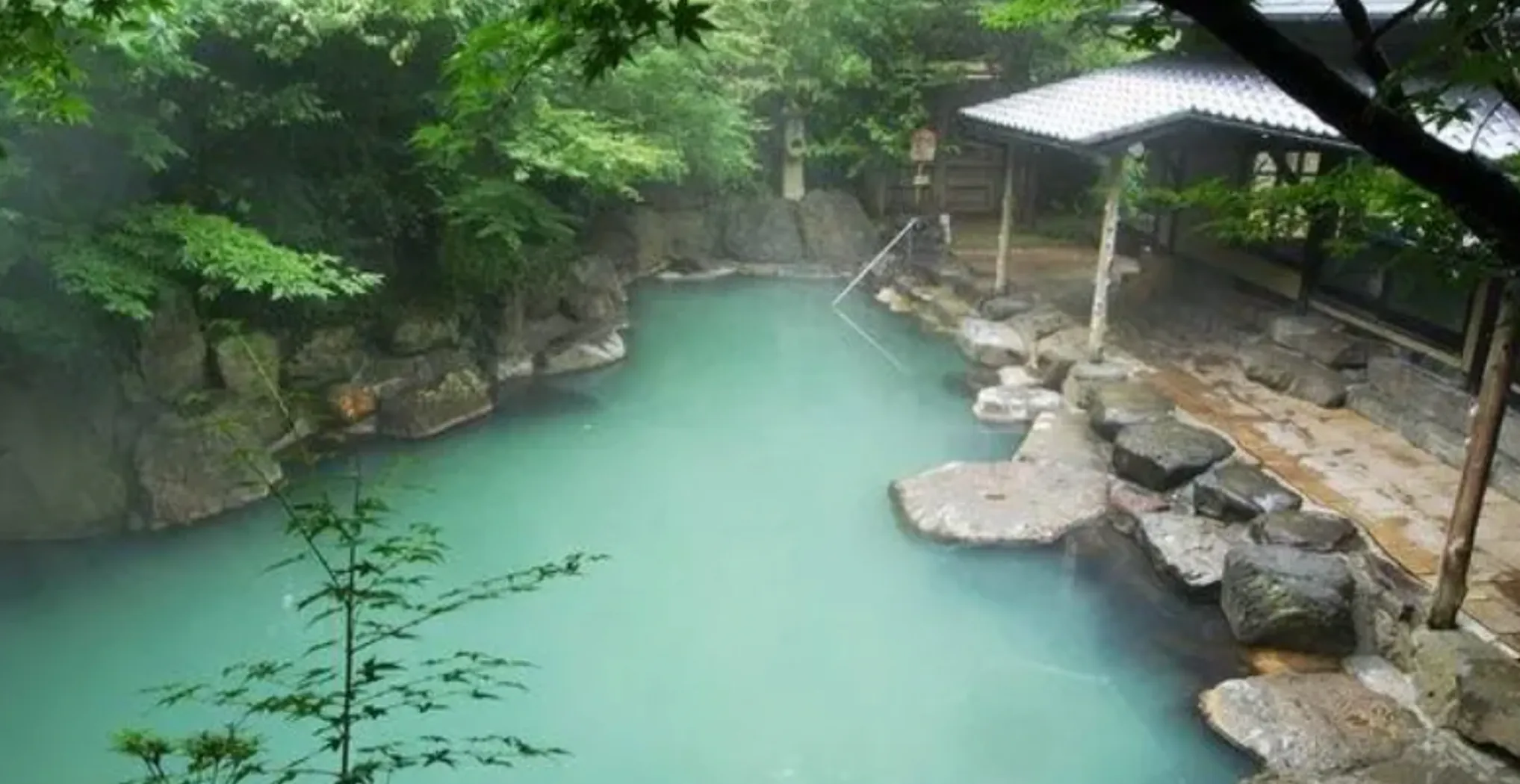Japan man puts spy cam in fake rock he made with clay to film over 1,000 women in onsens
The man reportedly had convictions for possessing child pornography.

A Japanese man, aged 31, has been caught secretly filming over 1,000 women bathing in hot springs since 2022. He used a hidden camera embedded in a fake rock made from clay and brown plastic, with the camera's cable wrapped in brown tape and connected to a power bank. The man has confessed to his actions, and the prosecution is seeking a two-year jail sentence.
Background
The man was apprehended after a woman discovered the hidden camera at a hot spring in Yamagata prefecture. She noticed unusual reflections in a rock, found the embedded spy camera, and reported it to the police. Upon investigation, the police initially identified 44 victims from the footage. However, the man later admitted to filming at various hot springs, estimating around 1,000 victims. The prosecutor described the crime as "planned, repeated, and fundamentally harmful" and requested a two-year sentence. The man also has previous convictions for possessing child pornography.
How he was caught
The discovery of the hidden camera was made by a woman who noticed strange reflections in a rock at a hot spring in Yamagata prefecture. She found the embedded spy camera and reported it to the police. The perpetrator was arrested when he returned to retrieve the camera. Initially, the police found footage of 44 victims, but the man later confessed to filming around 1,000 women at different hot springs. The prosecutor highlighted the premeditated and harmful nature of the crime, requesting a two-year jail sentence. Additionally, the man had prior convictions for possessing child pornography.
Hot spring perverts
In 2023, a network of voyeurs was uncovered and arrested in Japan. This group had been taking and sharing photographs of women bathing in hot springs for three decades. The ringleader, 50-year-old Karin Saito, admitted to filming over 10,000 women during this period. The group would gather to learn voyeurism techniques from Saito and hold screening parties to share the videos. Sixteen people from 11 prefectures were arrested, including a doctor, government employees, and company executives.
Broader implications
The recent arrests highlight a disturbing trend of voyeurism in Japan's hot springs, raising concerns about privacy and safety. The involvement of individuals from various professional backgrounds, including a doctor and government employees, underscores the widespread nature of this issue. Authorities are now under pressure to implement stricter measures to protect individuals' privacy in public bathing facilities. Future implications may include increased surveillance and more severe penalties for such crimes to deter potential offenders.

